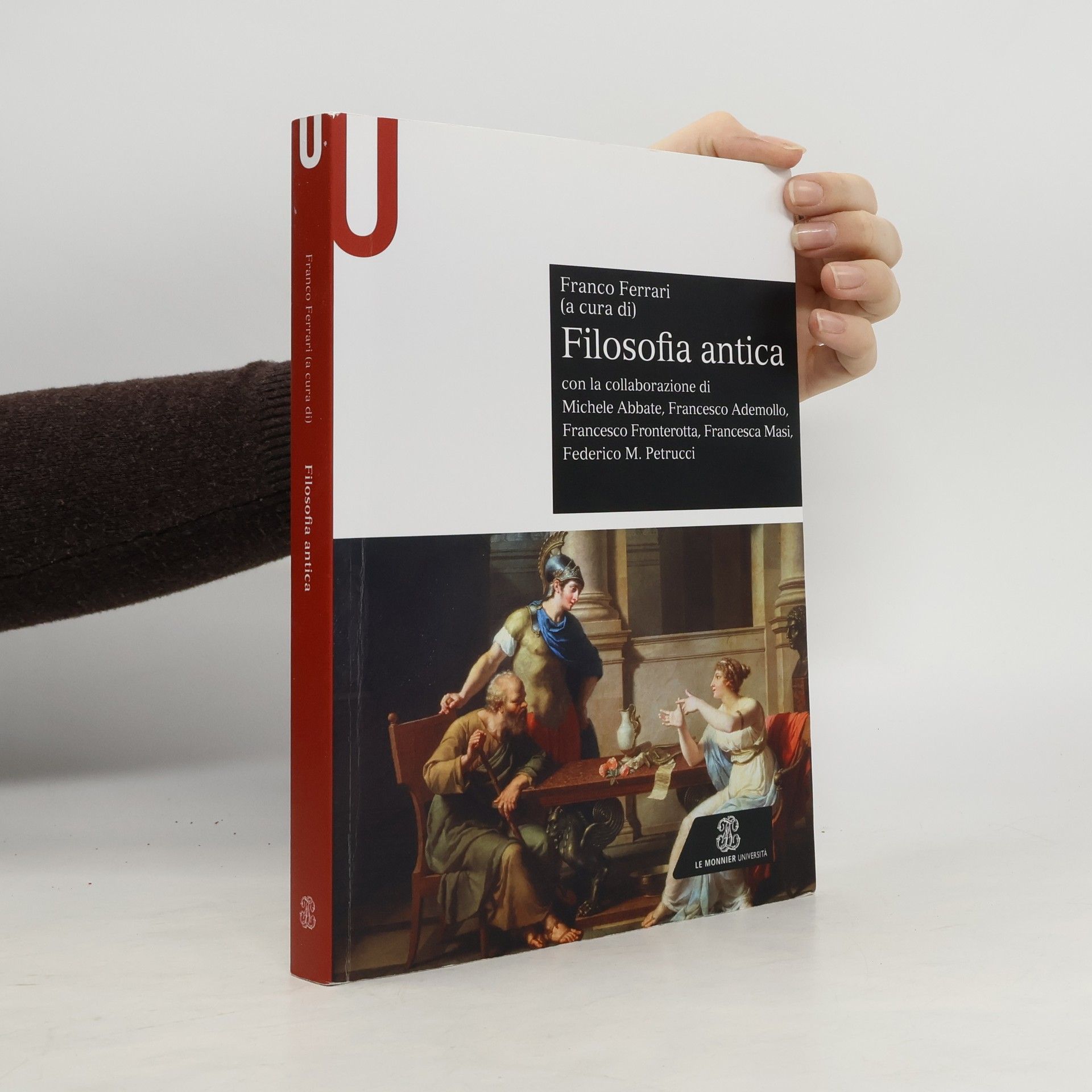Münchener Kommentar zum Handelsgesetzbuch Bd. 5: Viertes Buch. Handelsgeschäfte
Erster Abschnitt: Allgemeine Vorschriften. Zweiter Abschnitt: Handelskauf. Dritter Abschnitt: Kommissionsgeschäft §§ 343-406. Wiener UN-Übereinkommen über Verträge über den internationalen Warenkauf - CISG
Diesen konzeptionell weiterentwickelten Großkommentar bearbeiten namhafte Autoren aus Wissenschaft und Praxis und gliedert sich nach den Büchern des HGB. In Bereichen wie Bankrecht und Transportrecht, sowie im Recht des Produktvertriebs und der Personengesellschaften, wird über die Gesetzeslage hinaus inhaltlich auf die Bedürfnisse der Praxis eingegangen. Der Kommentar orientiert sich am Münchener Kommentar zum BGB und Band 5 behandelt die wichtigsten Vorschriften über Handelsgeschäfte, gestützt auf die gesamte Rechtsprechung. Die Neuauflage umfasst die Kommentierung zu den Handelsgeschäften, einschließlich Allgemeine Vorschriften ( 343-372 HGB), Handelskauf ( 373-382 HGB), Kommissionsgeschäft ( 383-406 HGB) und das CISG. Gesetzesänderungen infolge der Umsetzung der Aktionärsrechte-RL und der Transparenz-RL sind eingearbeitet. Zudem wird die Rechtsprechung zur Haftung für Mistrade-Entscheidungen der Börse berücksichtigt. Besondere Bezüge zum BGB und Fragestellungen des AGB-Rechts werden herausgearbeitet. Die Neuerungen der Incoterms 2020 werden erläutert, darunter die neue Klausel DPU, eine transparentere Kostenverteilung, Anpassungen des Versicherungsschutzes an die aktuelle Geschäftspraxis sowie klarere Regelungen zur Verteilung von Sicherheitspflichten und den damit verbundenen Kosten. Die Zielgruppe umfasst Richter, Anwälte, Unternehmen, Verbände, Wissenschaftler und Bibliotheken.



